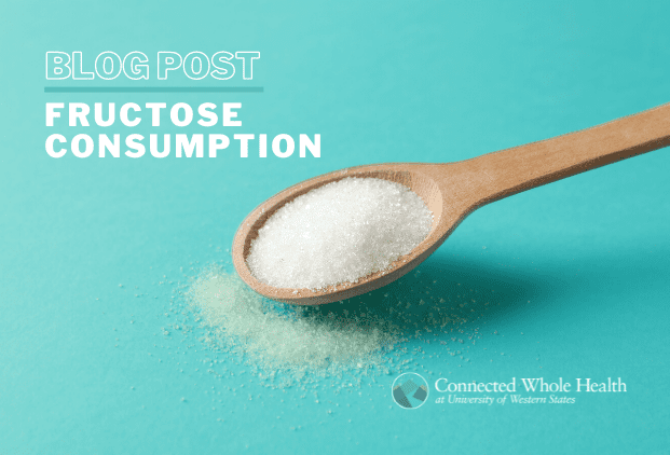
March 16, 2023
Did you know that the consumption of high fructose corn syrup could be depleting your energy?
Avoiding high fructose corn syrups can significantly improve your metabolic health to improve aging, reduce inflammation, and speed up healing.
Our body has to spend energy to make energy. Fructose is a monosaccharide sugar found in
high fructose corn syrup which is used as a sweetener in many foods. When you consume fructose, our body uses an enzyme named fructokinase to break down the molecule.
Fructokinase, or keto hexokinase, phosphorylates fructose which costs our body ATP. The issue with the consumption of fructose is that fructokinase is not controlled by negative feedback. In other words, no matter the conditions, our body will continue to spend energy to break down fructose for as long as fructose is present. Before our bodies can replenish the ATP, one of the byproducts of this breakdown (AMP) is removed by another enzyme named AMP deaminase because of its high concentration within the cell, which ultimately converts this into uric acid. This dramatically decreases our cell’s ability to regenerate the ATP that we spend by removing a building block. Further, uric acid also adds oxidative stress to the mitochondria and reduces our body’s ability to make ATP by the burning of fat. Our body essentially enters a mode of starvation where fat storage is increased, and our body increases hunger in an attempt to replenish its energy stores. The depletion in energy can lead to several adverse effects throughout the body over the long term, and many believe it could be a driving force to many metabolic conditions. Continue looking for more research on the delirious effects of fructose metabolism in the future, and consult your physician to find what’s best for you.
✒️ Chief Editor: Dr. Bill Moreau | DC, DACBSP, FACSM | Chief Medical Officer
